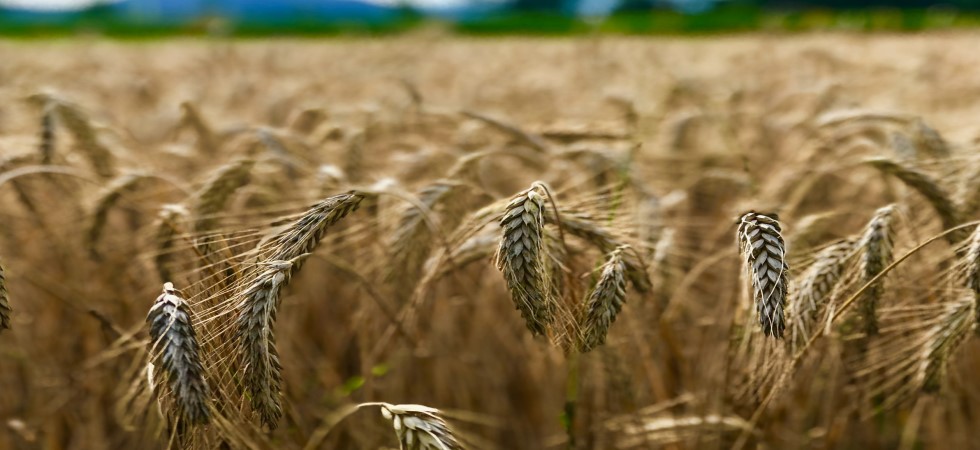The Food and Drink Federation (FDF) has published its analysis of drivers of food and drink inflation, highlighting how turbulence experienced in the last few years in agrifood supply chains has disproportionally impacted food and drink manufacturing when compared to other industries.
The analysis puts the turbulence in the supply chain down to three “structural shocks” that occurred in quick succession. These are Brexit, the pandemic and the war in Ukraine – each shock has caused significant cost pressures, with cost reductions delayed by seven to 12 months due to contracts across the supply chain remaining valid.
Brexit
Limitations on EU trading raised the costs of trading with the continental bloc. The delay of the UK-EU Trade and Cooperation Agreement (TCA) and the sudden entering of the deal left businesses within the industry little time to prepare, with UK-EU trading taking nearly two years to recover as as result.
The pandemic
Manufacturers had to quickly adjust the methods in which they supplied supermarkets, while hospitality was not prioritised within the supply chain. Product ranges were streamlined and simplified as shipping costs climbed higher, and labour shortages became a severe issue.
The war in Ukraine
Global food supplies were severely disrupted due to Ukraine and Russia both supplying wheat, other grains and vegetable oils globally. Russia cutting its gas supply to Europe increased energy and fertiliser prices, further contributing to the rising food inflation.
The full analysis can be viewed here.









